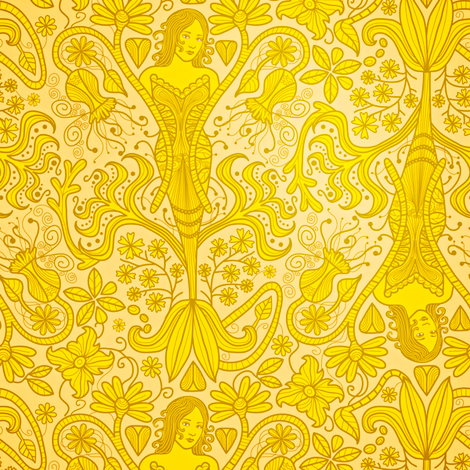The challenge for me, and many others with a dual diagnosis of addiction and mental illness, is that no program of recovery can treat mental illness. Recovery literature states that sometimes we need outside help—referring to medical experts. Difficulties arise when that literature is misinterpreted and those people see depression, anxiety, or any other mental illness as a feature of addiction that can be treated solely with a program of recovery. Contrary to that belief, medical illness cannot be treated with a spiritual solution. It is paramount that people who suffer with mental illness seek treatment from a trained medical professional.
Viewing entries tagged
depression
Usually, I kept my face neutral and straight and did not talk at all. Sometimes, my oppressed feelings would burst out as tears, ranting, and self harm. I cried that I wanted to die rather than living. One family member would respond: “Then go out and kill yourself." At those moments, I felt I was unable to speak anymore, so I would go to my room or outside to cry and do things to relieve anxiety such as biting my fingers or tearing books. Throughout the years, I became accustomed to the violence around me.
I scheduled a doctor's appointment for April 20th. On April 15th I had a stroke. When it happened, my dad was on his way home from the hospital. He had had cataract surgery. I was completely paralyzed on my right side.
I went to Riverside Hospital in Kankakee then transferred to Rush hospital in Chicago where I stayed for an additional two weeks. Eventually I went to a nursing home called Our Lady Of Victory where I was confined to a bed until I was strong enough to sit in a chair. I went to physical and occupational therapy in a wheelchair where I worked very hard. Over time I went from using a wheelchair, to a walker, then a support cane and ultimately a white cane.
There is no place to turn.
I am up against a brick wall; A raging lion is about ready to come out of his cage and eat me up.
My body feels like a truck just ran over it.
My mind is racing like a time bomb that is ready to go off.
I am running like a bull charging out of the pasture.
On a Saturday morning in May, the Bottom Line Yoga Studio, deep in the heart of the sleepy weekend loop was buzzing with activity, and the smell of fresh baked treats you wouldn’t normally associate with deep breathing and meditation. What emerged from the studio were tables full of delicious cookies and cakes that also happened to be witty and poignant without saying a word. This was Brit M. Ashe and Andrea Wichman’s (and several Chicago bakers) first foray into an international community of cooks and artists devoted to the cause of raising awareness of mental illness: The Depressed Cake Shop.
The physician's cure for this “slight hysterical tendency” was rest, fresh air and absolutely no work or social gatherings. It is clear as the story progresses what harm this isolation does to the main character. By the end of the story the woman does not want to leave the room that has been enlisted for her rest and envisions herself as a part of the rooms yellow wallpaper – the only stimulus in her secluded world.
The thoughts and fears that are easily ignored in the brightness of sunshine are waiting for you under the cover of darkness, lurking in shadowy corners, poised to strike. There’s nowhere for you to hide, and so you must suffer in silence, on your back, in your bed, staring at the ceiling with wide, itchy eyes.
"Amir Rabiyah opens the show with a spoken word exploration of being queer, disabled, trans and juggling multiple identities. In a prayer, Rabiyah implores listeners to stop asking chronically ill to ‘get well soon’. “Being sick forever terrifies people,” Rabiyah says, and dozens of snapping fingers echo the sentiment."
They didn't admit me to the psych ward that time. They let me go home at three in the morning. I took a taxi back to the building and wondered why I was still alive. It wasn't a 'I'm going to try and kill myself again' type of wonder. Just an idle wondering of what the point of my life was. I didn't make a difference. I didn't matter.
I just wasn't getting it, I thought. Then I met Tina and she reframed my train of thought. “Depression is like a disease,” she sympathized as tears rolled down my cheek one at a time as if they wanted to be fair and give each other recognition; my family didn’t acknowledge this statement. Depression was something that was trumped and not coddled.










